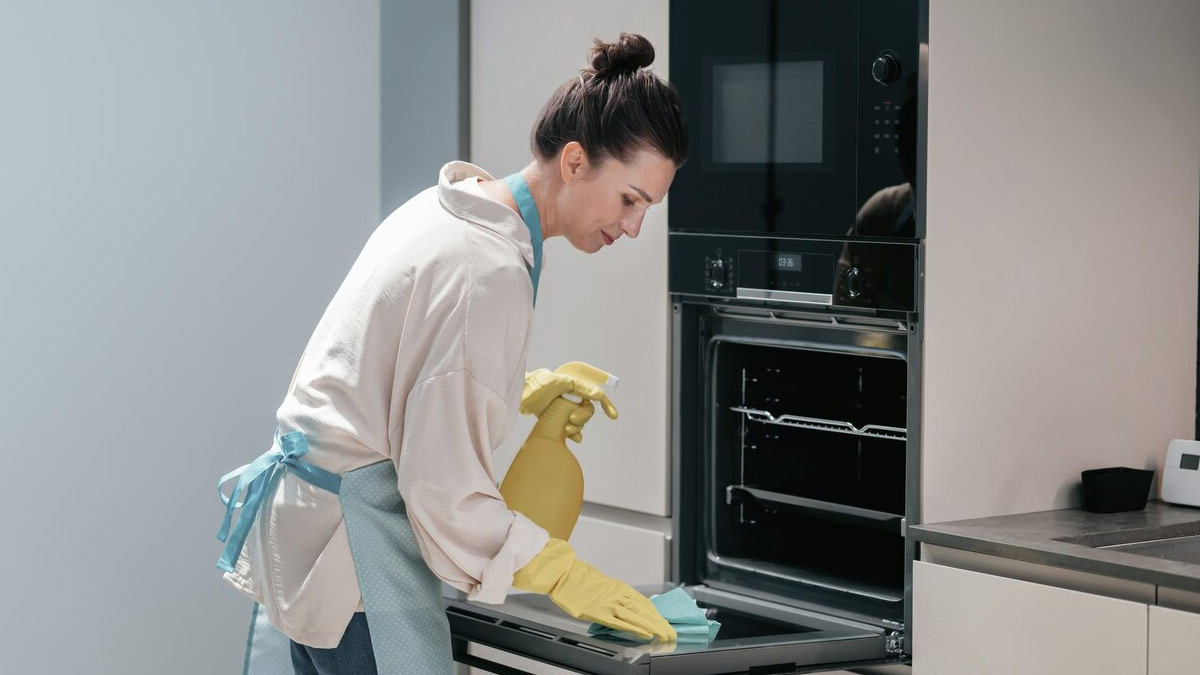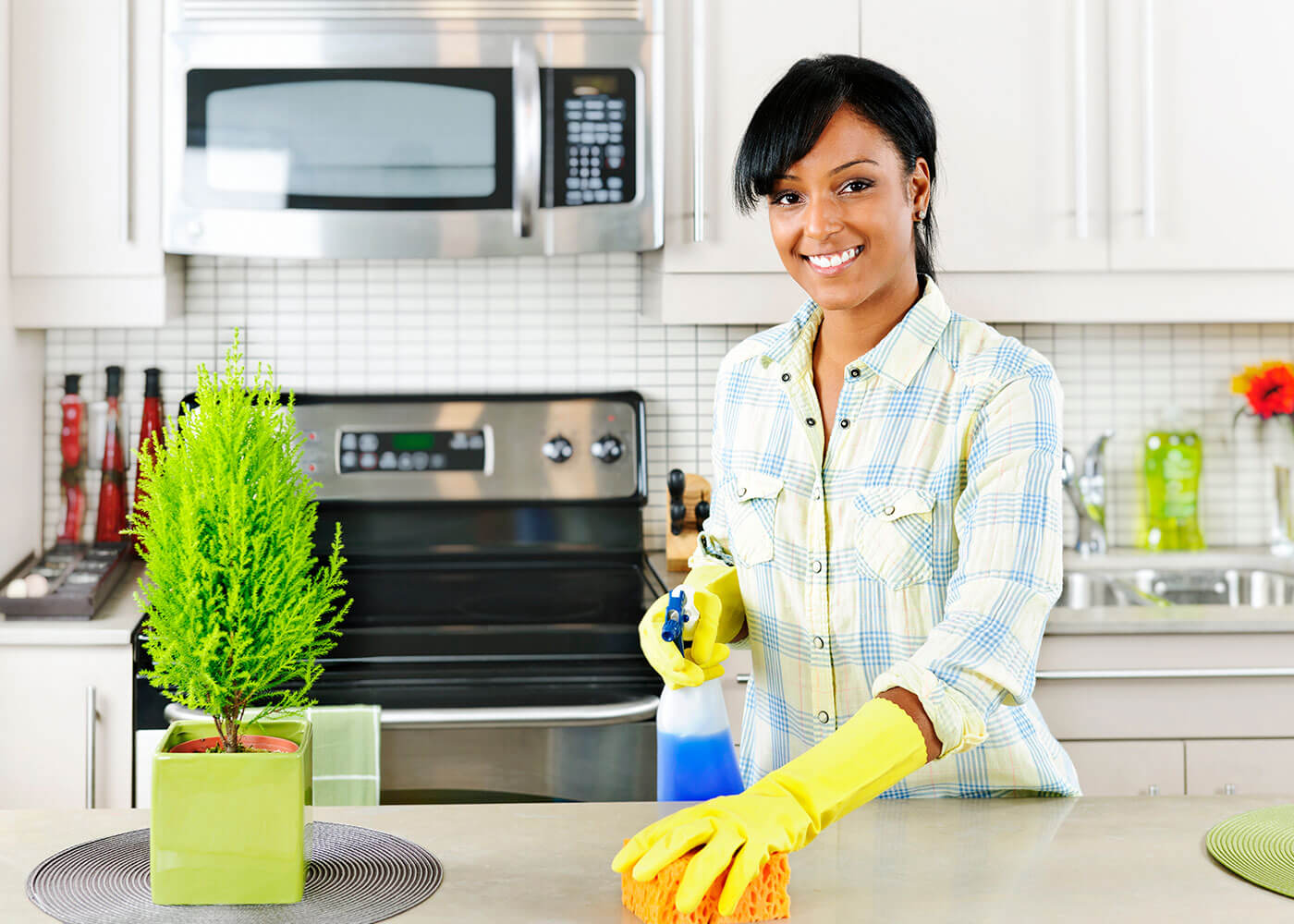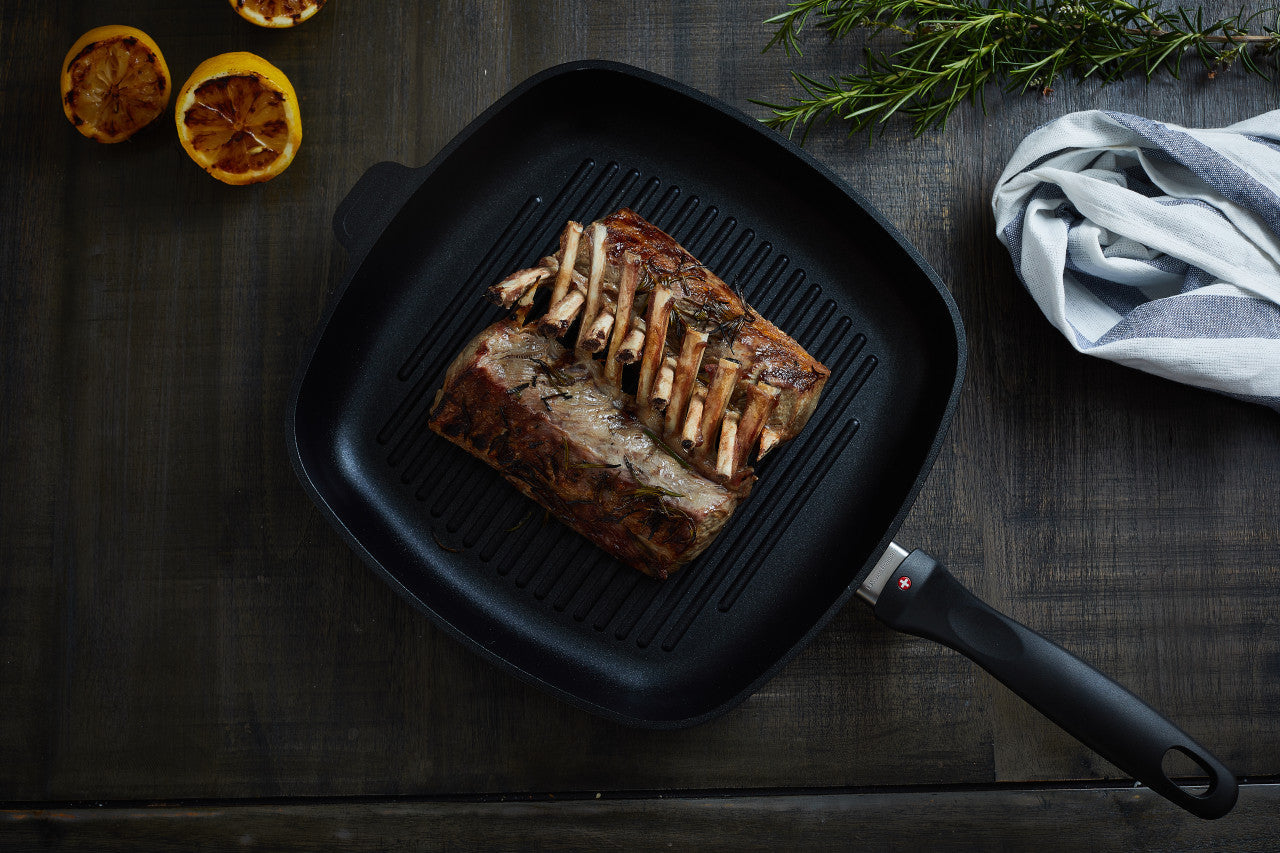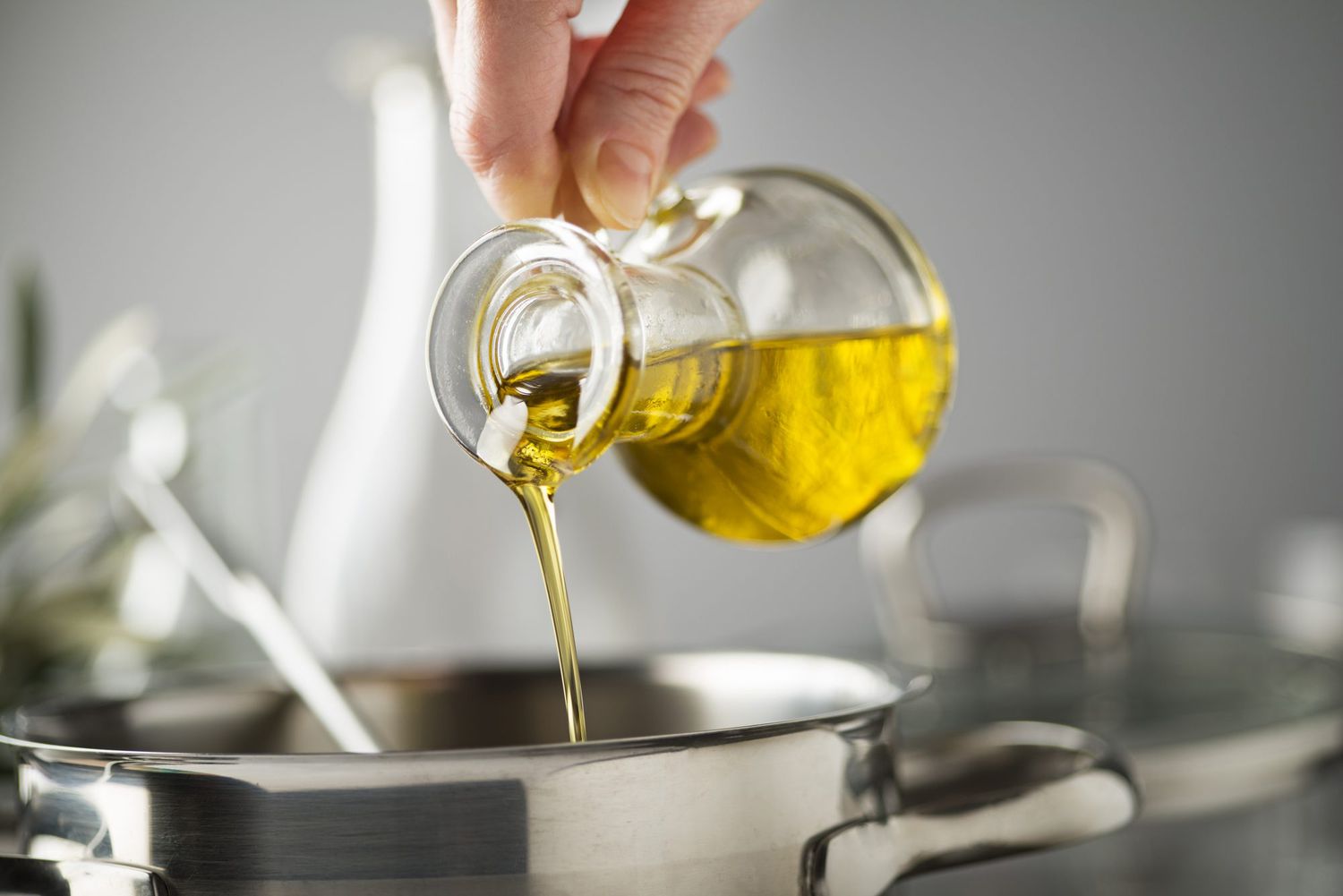For kitchen professionals, knowing why does cast iron rust is crucial. Cast iron cookware has been a favorite for many serious cooks due to its durability and unique heat retention properties. However, rust can be a significant problem for these treasured tools, which is why a deep understanding of this phenomenon is essential.
Rust formation on cast iron can cause many concerns. Not only can it ruin the appearance of your pans, but it can also affect the flavor of your dishes and, ultimately, the lifespan of the cookware itself. Understanding the science behind rust could make all the difference in how you care for your cast iron.

How Cast Iron Develops Rust
Rust occurs through a chemical reaction known as oxidation. When cast iron is exposed to moisture and air, it begins to oxidize; this is the essence of why does cast iron rust. The three main components necessary for rust formation are air, moisture, and iron. With each of these elements present, the cast iron can succumb to corrosion.
Key Factors Contributing to Rust Formation
Several factors may influence the speed and extent of rust development on cast iron:
- Humidity: High humidity levels can accelerate rust formation, particularly in storage environments.
- Cleaning Practices: Improper cleaningusing soap too frequently or failing to dry the skillet immediatelycan contribute to rust.
- Scratches and Dents: Damage to the seasoning layer exposes the raw iron underneath, removing its protective barrier.
Preventive Measures Against Rust
Knowing why does cast iron rust empowers kitchen professionals to take actionable steps to prevent rust. Here are some effective techniques:
Seasoning Your Cast Iron
Seasoning is an essential process that creates a protective layer on the iron. When you season cast iron, you heat oil to create a non-stick surface, acting as a barrier to moisture and air. Regularly seasoning your cast ironespecially after washingcan significantly extend its lifespan and keep rust at bay.
Proper Cleaning Techniques
It is vital that you clean your cast iron correctly. While many believe that cast iron should not be washed, this is not entirely true. However, avoid soap as it can strip away the seasoning. Instead, use hot water and a stiff brush. For more stubborn food remnants, consider a paste of coarse salt and water. Rinse and dry your cookware as soon as you're done cleaning to prevent moisture from settling in.
Storing Cast Iron Cookware
Another part of the equation is how and where you store your cast iron. Store your cast iron in a dry place, preferably with a paper towel between the cookware and the lid, to absorb any moisture. This simple act can help reduce rust significantly.
What to Do If Your Cast Iron Rusts
Even the best preventive measures can sometimes fail. If you encounter rust on your cast iron, dont despair; heres how to restore it:
Removing Rust
Start by scrubbing the affected area using steel wool or a stiff brush, followed by washing with warm water. Once you've scrubbed it clean, dry it thoroughly and re-season it to restore its protective coating. For additional guidance, check out this helpful resource on cleaning cast iron.
Consulting Experts
If rust is particularly severe or you are hesitant to tackle it solo, consulting experts on proper care strategies could be beneficial. A well-cared-for cast iron skillet can last you a lifetimeto rely on outside advice may provide peace of mind.
Additional Resources for Kitchen Professionals
For kitchen professionals, keeping cast iron in pristine condition is paramount. Here are some links to explore for further insights:
FAQs About Cast Iron Care
What is the best way to season my cast iron?
Use a high smoke point oil and apply a thin layer across the cookware before baking it upside down in the oven.
How can I fix a sticky cast iron surface?
If your cast iron is sticky, it usually means it was over-seasoned. Scrub it down with steel wool, wash it, dry it, and re-season.
Can I use soap on my cast iron?
While its best to avoid soap, a minimal amount used occasionally will not ruin a seasoned pan but should be followed by re-oiling.

Conclusion
Understanding why does cast iron rust and how to prevent it can save professionals a lot of headache and keep their essential cookware functioning at an optimal level. Cast iron cookware can serve you for generations if properly maintained, providing countless delicious dishes along the way. Dont let rust tarnish its legacy!
This article contains affiliate links. We may earn a commission at no extra cost to you.






Leave a comment
This site is protected by hCaptcha and the hCaptcha Privacy Policy and Terms of Service apply.